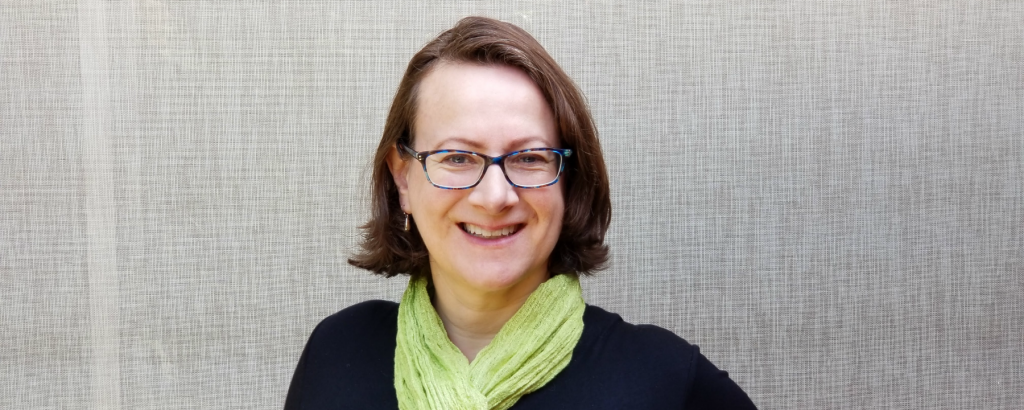
Followers of this blog know that “a reader” seems to be the force behind a huge number of retractions – and that, despite the apparent unwillingness of journals to name them, they are real people. One of the more prolific “readers” is Elisabeth Bik, the data sleuth whose efforts to identify problematic images has led to the removal of hundreds of dodgy papers.
Journals now seem more willing to give credit where it’s due, by identifying Bik – who has faced threats for her efforts – in their notices.
A few recent examples: Biomedicine & Pharmacotherapy, an Elsevier title, has name-checked Bik in a dozen retractions of papers dating back to 2017.
Meanwhile, other Elsevier joints including Biochemical and Biophysical Research Communications, Gene, Experimental and Molecular Pathology and Molecular Immunology have done the same with nearly 20 expressions of concern and retractions.
Here’s the retraction notice for “Ailanthone exerts anticancer effect by up-regulating miR-148a expression in MDA-MB-231 breast cancer cells and inhibiting proliferation, migration and invasion,” from 2019:
This article has been retracted at the request of the Editor-in-Chief.
Given the comments of Dr Elisabeth Bik regarding this article “… the Western blot bands in all 400+ papers are all very regularly spaced and have a smooth appearance in the shape of a dumbbell or tadpole, without any of the usual smudges or stains. All bands are placed on similar looking backgrounds, suggesting they were copy/pasted from other sources, or computer generated”, the journal requested the authors to provide the raw data. However, the authors were not able to fulfil this request and therefore the Editor-in-Chief decided to retract the article.
Among the other retractions in Biomedicine & Pharmacotherapy are
- “Alkannin protects human renal proximal tubular epithelial cells from LPS-induced inflammatory injury by regulation of microRNA-210”
- “Kaempferol suppresses proliferation but increases apoptosis and autophagy by up-regulating microRNA-340 in human lung cancer cells”
- “Knockdown of lncRNA-H19 inhibits cell viability, migration and invasion while promotes apoptosis via microRNA-143/RUNX2 axis in retinoblastoma.”
- And “TUG1 alleviates hypoxia injury by targeting miR-124 in H9c2 cells”
We asked Biomedicine & Pharmacotherapy editor in chief Danyelle Townsend why the journal has been naming Bik in their notices. In what has become an unfortunate pattern among editors of many journals, Townsend did not respond directly, but instead forwarded our queries to Elsevier. A publisher spokesperson emailed:
Naming whistleblowers in retraction notices needs to be handled very carefully. Some people strongly require anonymity, others are happy to be named. Given Dr. Bik’s tremendous personal contribution to flagging potential ethical issues and helping to correct the scholarly record, we consulted with her in 2020 regarding her preference. Since then, we have suggested to Editors that they credit Dr. Bik by name in retraction notices in cases where she has publicly documented her concerns using her real name.
We asked Bik what she thought about the callout. She told us:
I do not mind at all being mentioned by name, or (as in this case) that my blog post is mentioned. I also agree that this is a good step towards transparency, although it should not have taken almost two years after that blog post to issue those expressions of concern. An EoC is a perfect tool for a fast editorial decision, while an investigation might still be ongoing, and to issue these two years after concerns were shared publicly is basically two years too late.
Additionally, in the case of the Tadpole paper mill, I often get the public credit, but this was really a discovery made by two independent groups roughly at the same time: Jana Christopher/Jennifer Byrne on one end and ‘Morty’ and ‘Smut Clyde’ on the other hand. I helped out the Morty/Smut group by finding about a 100 more, and posting many of these online, and ‘Tiger’ and ‘Cheshire’ did lots of reporting / sleuthing on Chinese websites, while Leonid Schneider and Smut also wrote blog posts about these and other paper mills. So while I am happy to see my blog post gets linked to, credit should be given to those other folks too.
Like Retraction Watch? You can make a one-time tax-deductible contribution by PayPal or by Square, or a monthly tax-deductible donation by Paypal to support our work, follow us on Twitter, like us on Facebook, add us to your RSS reader, or subscribe to our daily digest. If you find a retraction that’s not in our database, you can let us know here. For comments or feedback, email us at [email protected].
Thank you Dr Bik! [raises glass]
Same!
Kudos to Dr Bik! Let’s hope that the reviewers of those retracted papers are not providing reviews any more for those journals either…
“Naming whistleblowers in retraction notices needs to be handled very carefully. Some people strongly require anonymity, others are happy to be named.”
I think this is a legitimate issue the publisher is pointing out. I understand that some prefer their name to be attached to their comments, but I suspect that this is usually not the case. I think it should become part of the standard procedure of handling whistle blower comments to ask if they want to be credited or prefer to remain anonymous.
“apparent unwillingness of journals to name them” is a weird way to say “protecting their identity,” especially when you go on to say Bik “received threats for her efforts.”
cheers Dr. Bik!
Hey, MacArthur nominators, looking for a candidate for this year’s fellowship? How about that critical reader with a name? I seem to recall that suggestion being made in a comment to another RW post some time ago, but I think a gentle reminder is now in order. And while you’re at it, how about throwing another bone to RW? C’mon folks, isn’t the work they do worthy of your continuing support?